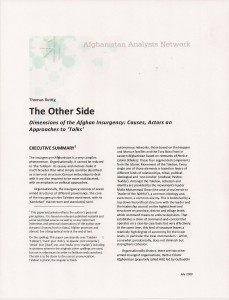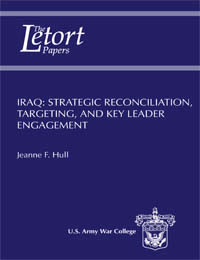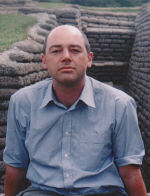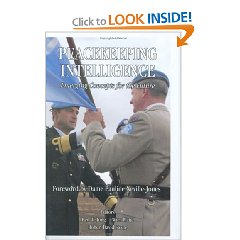
FYI … I just found this interesting report. While the report focuses almost entirely on the political perspective to this conflict, note how he claims the Taleban increases its cohesion by organizing itself in a decentralized way the marries centralized intent with high degree of autonomy at lower levels. He thinks it is paradoxical that this type of organization improves cohesion, but it is right out of the maneuver warfare tradition, and it is hardly paradoxical that this kind of organization increases the variety, rapidity, and harmony of its OODA loops at all levels organization. Nor should it be surprising, given the sluggish, rigid OODA loops that result our highly centralized, techno-intensive approach to command & control, that the Taleban seized and maintains the initiative, as acknowledged by General McChrystal in his report to President Obama in August. Chuck

35-Page Report includes Executive Summary, Introduction, Roots & Causes, Induced & Internal Factors, Pakistan Factor, Who Are the Insurgents, Talks or Reconciliation, Conclusion, and Recommendations.
High points:
1. Many actors, no strategy
2. Cannot reconcile extremists with corrupt government
3. Time for the UN to be the UN again and lead a 360 “all stakeholders” non-military convergence.





